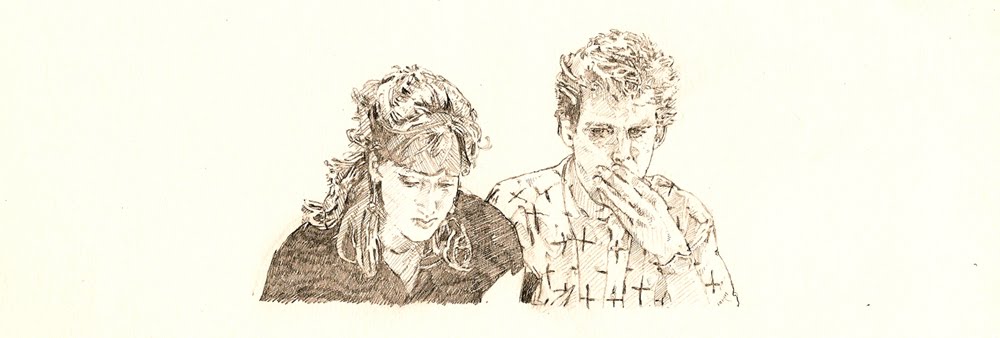
Mary Hartman, Mary Hartman has crept it's way into my life from a Frieze article that I read a while ago. I finally bought it on American import and it's more than living up to it's expectations. Louise Lasser really is perfectly cast as Mary, as is Mary Kay Place (who played Sharon Cherski's mum in My So-Called Life) as aspiring Country Singer Loretta Haggers. I can't find the Frieze article but I found this;
Madame Bovary, c'est moi
"As more and more people find themselves working at jobs that are in fact beneath their abilities, as leisure and sociability themselves take on the qualities of work, the posture of cynical detachment becomes the dominant style of everyday intercourse. Many forms of popular art appeal to this sense of knowingness and thereby reinforce it. They parody familiar roles and themes, inviting the audience to consider itself superior to its surroundings. Popular forms begin to parody themselves: Westerns take off on Westerns; soap operas like Fernwood, Soap, and Mary Hartman, Mary Hartman assure the viewer of his own sophistication by mocking the conventions of soap opera. Yet much popular art remains romantic and escapist, eschews this theater of the absurd, and promises escape from routine instead of ironic detachment. Advertising and popular romance dazzle their audiences with visions of rich experience and adventure. They promise not cynical detachment but a piece of the action, a part in the drama instead of cynical spectatorship. Emma Bovary, prototypical consumer of mass culture, still dreams; and her dreams, shared by millions, intensify dissatisfaction with jobs and social routine.
Unreflective accommodation to routine becomes progressively more difficult to achieve. While modern industry condemns people to jobs that insult their intelligence, the mass culture of romantic escape fills their heads with visions of experience beyond their means--beyond their emotional and imaginative capacity as well--and thus contributes to a further devaluation of routine. The disparity between romance and reality, the world of the beautiful people and the workaday world, gives rise to an ironic detachment that dulls pain but also cripples the will to change social conditions, to make even modest improvement in work and play, and to restore meaning and dignity to everyday life."
--Christopher Lasch
http://en.wikipedia.org/wiki/Mary_Hartman,_Mary_Hartman

No comments:
Post a Comment